|
The HR manager tells the aggrieved woman not to complain to the ICC about sexual harassment and that he will handle it. Is it valid?
No. It is not valid for the HR Manager to tell an aggrieved woman not to give a complaint to the Internal Complaints Committee (ICC) and that he will handle it himself.
0 Comments
Can an employer forfeit the gratuity payable to an employee terminated on the grounds of sexual harassment of a woman?
YES. Under the Payment of Gratuity Act 1972, an employer must pay gratuity to an employee who has completed at least five years of continuous service with the company. Sexual harassment can be considered a form of moral turpitude. On the ground of moral turpitude, in the above case, the gratuity payable to the employee may be forfeited. Moral turpitude refers to conduct contrary to the accepted rules of morality and involves dishonesty, fraud, or other forms of depravity. Dear All,
VIHAAN is an Indian NGO, engaged in rescue and rehabilitation of Women who are the victims of Human Trafficking and vulnerable women, who are brought up in Govt. State homes. They are organizing this Convergence Meeting with support of NIPM KC to garner support from Industries to place these women who have undergone Skill training and to understand the need of the industry. Their basic qualification is SSLC to basic degree. Please support us for the success of this meeting., with your presence. Also please support this initiative by connecting with your known HRs who can provide their view points and also to explore the possibility of providing opportunities in their organisations. Thanks and Regards Dinesh A U Hon. Secretary- NIPM KC Does a male colleague shouting angrily at a female constitute sexual harassment?
No. Shouting in anger at a woman by a male colleague may not be covered under sexual harassment, unless the shouting is accompanied by behavior that is sexually explicit, unwelcome, or creates a hostile work environment. Sexual harassment is defined in the POSH Act of 2013 as unwelcome sexual conduct, which could be verbal, non-verbal, or physical. What is Quid Pro Quo?
In the context of sexual harassment, quid pro quo refers to a situation in which a person in a position of authority, such as a supervisor or manager, demands sexual favors from a subordinate in exchange for job benefits or protection from negative job consequences. Does a company visitor who is sexually harassed fall under the scope of sexual harassment under the POSH Act, 2013?
YES A married female colleague congratulated the boss on his promotion through a WhatsApp message. He expressed his happiness in reply with heart emoji ❤️. Can this act of the boss be considered sexual harassment under the Sexual Harassment of Women at Workplace (Prevention, Prohibition and Redress) Act, 2013 (POSH Act)?
Under the POSH act, the described action is unlikely to be considered sexual harassment.
Dr. G.P. Naik Principal Consultant, Talent Avenues, Bangalore Even though the concept of sexual harassment is as old as the history of mankind, its implication at the work place has received attention in recent times. In fact until the verdict in Vishaka Vs. State of Rajasthan (1997) case by the Supreme Court of India in 1997, there were no official guidelines to deal with the subject. The case relates to an alleged gang rape of a social worker in a village of Rajasthan. In this case the court opined that sexual harassment at work place amounts to violation of individual rights guaranteed under Article 14 (equality before law); 15 (prohibition of discrimination on the ground of sex,); 19 (right to practice freely any profession, trade or occupation); 42 (provision for humane conditions of work), and the citizens duties under Article 51A to renounce practices derogatory to the dignity of women.
LABOUR LAW PRACTICE TEST – 03
1. As per the Occupational Safety, Health, and Working Conditions Code, 2020, the letter of appointment does not apply to fixed-term workers. a) True b) False 2. In case of any sudden increase in the volume of work in the core activity which needs to be accomplished in a specified time, the principal employer is allowed to engage contract labour through a contractor. a) True b) False 3. The two months wage period is allowed in the Occupational Safety, Health, and Working Conditions Code, 2020. a) Ture b) False 4. In case of the newly employed contract worker does not have a bank account to disburse wages through bank transfer or electronic mode, he can be paid wages in cash for certain months as per the provisions of the code. a) True b) False LABOUR LAW PRACTICE TEST – 02
1. As per the Occupational Safety, Health, and Working Conditions Code, 2020, the Contractor is not required to issue a letter of appointment to the contract labour he employs. a) True b) False 2. As per the Occupational Safety, Health, and Working Conditions Code, 2020, an employer is allowed to issue a letter of appointment in his own format. a) True b) False 3. As per the Occupational Safety, Health, and Working Conditions Code, 2020, it is mandatory for an employer to issue a letter of appointment to the apprentice engaged under the Apprentices Act, 1961. a) Ture b) False 4. As per the Occupational Safety, Health, and Working Conditions Code, 2020, it is not mandatory for an employer to issue a letter of appointment to the trainees engaged in line with the certified standing orders of the Company. a) True b) False Q1. The Contractor is not issued a letter of appointment to contract labour employed by him. Is any proviso in the Occupational Safety, Health, and Working Conditions Code, 2020 to obligate the Contractor to ensure the letter of appointment to his employees?
As per section 6 (f) of the Occupational Safety, Health, and Working Conditions Code, 2020, the employer has the following responsibilities: LABOUR LAW PRACTICE TEST – 01
1. Is the definition of WORKER in the Occupational Safety, Health, and Working Conditions Code, 2020, the same as the Factories Act, 1948? a) Yes b) No 2. As per the Factories Act, 1948 a CASUAL LABOUR employed to perform the work connected with the manufacturing process is a worker. a) True b) False 3. Is an HR EXECUTIVE A WORKER under the Factories Act, 1948? a) Yes b) No 4. The person, who is employed mainly in a MANAGERIAL OR ADMINISTRATIVE CAPACITY is not a worker under the Occupational Safety, Health, and Working Conditions Code, 2020. a) True b) False Q1. What activities are not "core activities of an establishment" under the Occupational Safety, Health, and Working Conditions Code, 2020?
As per section 2 (p) of the code, the following activities are not core activities, if the establishment is not set up for performing such activities: Q1. Which of the existing labour laws the Occupational Safety, Health, and Working Conditions Code, 2020, shall repeal?
The Occupational Safety, Health, and Working Conditions Code, 2020 consolidates the following 13 labour laws:
Q1. Is the Principal Employer liable for the payment of wages to the Contract Labour?
Yes. In case, the contractor fails to make payment of wages to its employees, then the principal employer is liable for the payment of wages to the contract labour. As per the Section 21 (4) of the Contract Labour (Regulation & Abolition) Act, 1970, in case the contractor fails to make payment of wages or makes short payment to its employees, then the principal employer shall be liable to make the same to concerned contractor’s employees. The principal employer, however, may recover the same from the contractor on the basis of his agreement with the contractor. Q2. Is the Principal Employer liable for the payment of EPF Contribution to the Contract Labour? Yes. In case, if the contractor has not been having/allotted independent Provident Fund Contribution Code Number, in such case the contributions in respect of contractor’s employees shall have to be paid at the first instance by the principal employer. And, later recover the same from the contractor. In case if the contractors is having an independent code number under EPF Act, 1952, in such case the principal employer is not liable to pay the EPF contribution in respect of employees of contractor.
M.R. Nataraj
General Manager-HR, Bharat Fritz Werner Limited
A real man is he or she who lives after death. Similarly he or she is the real employee who remains to be an employee even after the leaving the employment of an employer.
In the employment life of a person employment, resignation, reemployment etc are common. Especially in the current employment world, post COVID, number of cessations, voluntary as well as involuntary are huge in numbers. Though a few, there are employees, who are often disgraceful in their communication about the employment resignations. Communicating on telephone, whatsapp, e- mails have also been witnessed though it is known to be impolite way of communicating resignation decisions. Marulasidda MC Country Head of HR, Nexteer Automotive, Bangalore As the world is healing back to normalcy from last two years of pandemic and devastation it created on human life, work and businesses seems to be inching towards end of Covid, The employees who have shown exemplary flexibility in demonstrating accelerated speed in change adoption by way of working from home or working from anywhere with 24/7 coverage made companies achieve business continuity and uninterrupted customer service, but it has come with huge cost of emotional, psychological pressure on employees, the days had no boundaries of end and beginning of work was all around with the fear and restrictions of authorities due to the spreading pandemic as well as the responsibility of escaping from infection or taking care of any one in family getting infected or even in some unfortunate cases losing the loved one’s and coming to terms with the loss and sustaining one’s balance was a never heard of, once in a century event has passed in different degrees of intensity for each one of us,
|
Categories
All
HR Learning and Skill Building AcademyMHR LEARNING ACADEMYGet it on Google Play store
|
SITE MAP
SiteTRAININGJOB |
HR SERVICESOTHER SERVICESnIRATHANKA CITIZENS CONNECT |
NIRATHANKAPOSHOUR OTHER WEBSITESSubscribe |
MHR LEARNING ACADEMY
50,000 HR AND SOCIAL WORK PROFESSIONALS ARE CONNECTED THROUGH OUR NIRATHANKA HR GROUPS.
YOU CAN ALSO JOIN AND PARTICIPATE IN OUR GROUP DISCUSSIONS.
YOU CAN ALSO JOIN AND PARTICIPATE IN OUR GROUP DISCUSSIONS.
|
|

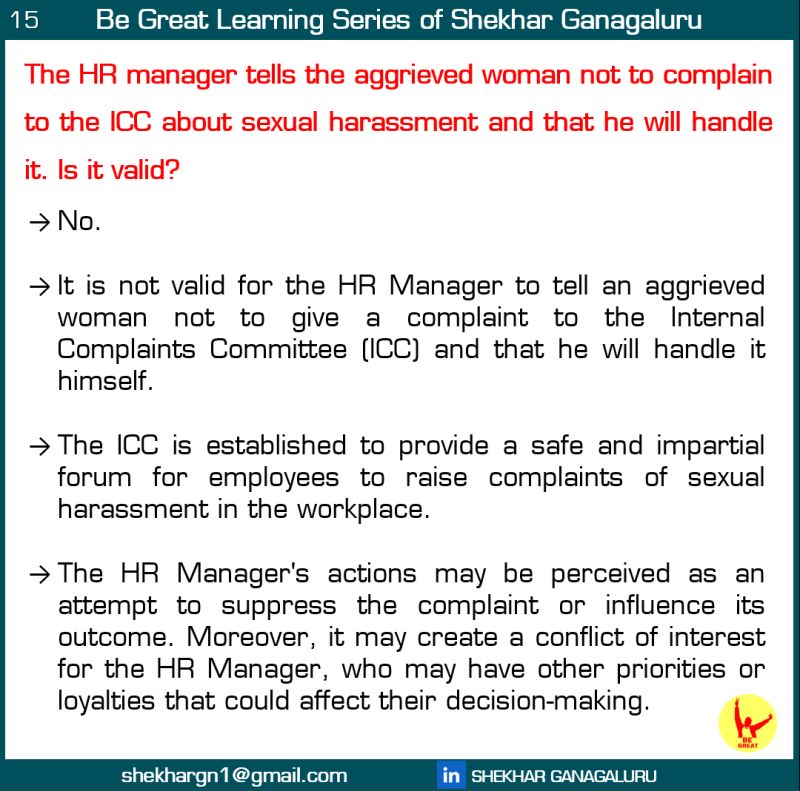
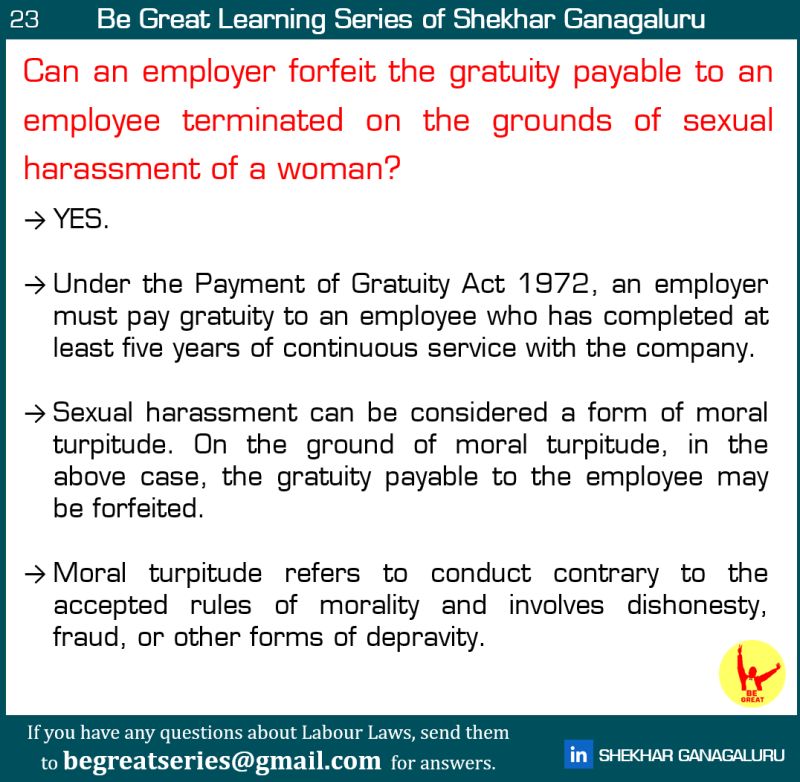

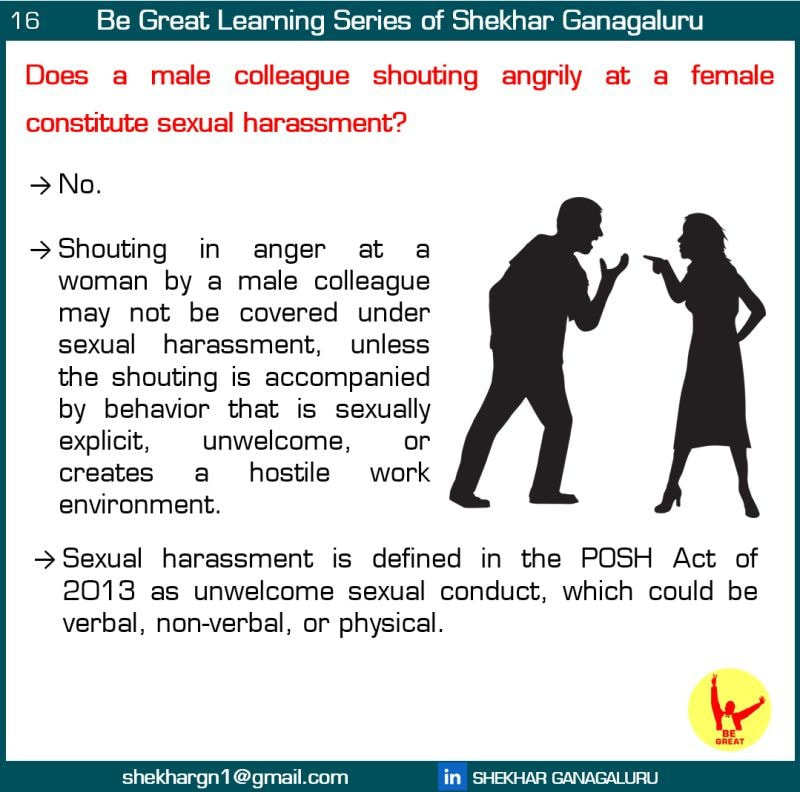






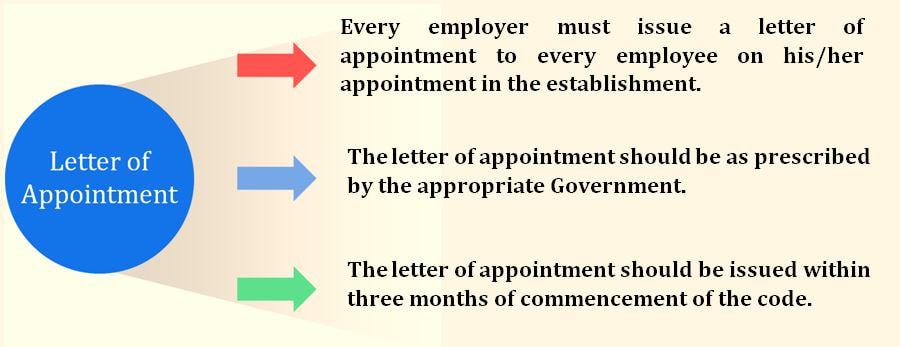
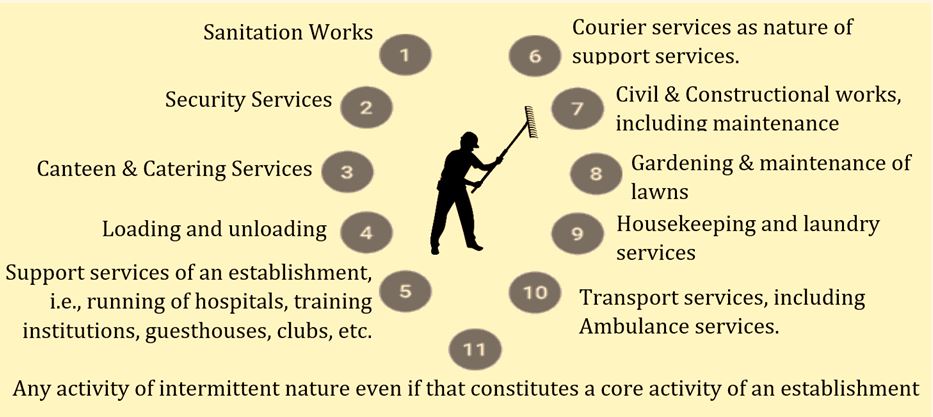






 RSS Feed
RSS Feed





